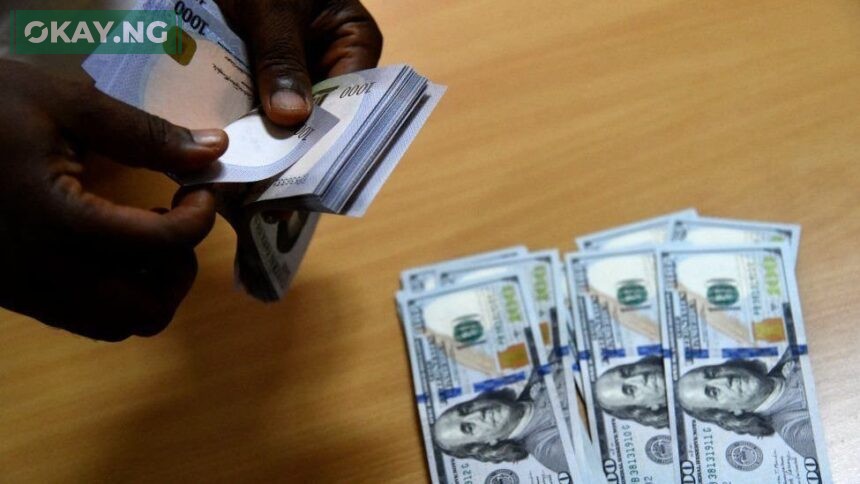Nigeria’s capital importation experienced a 9 percent decline in the second quarter (Q2) of 2023, according to a report released by the National Bureau of Statistics (NBS).
The total capital imported during this period amounted to $1.03 billion, down from the $1.13 billion recorded in Q1 2023.
This drop represents a 9 percent decrease on a quarter-to-quarter basis and a significant 32.9 percent decline compared to the same quarter last year.
The report highlights the breakdown of capital importation by investment type, with “Other Investment” ranking highest at 81.28 percent, totaling $837.34 million in Q2 2023.
This was followed by “Portfolio Investment” at 10.37 percent ($106.85 million) and “Foreign Direct Investment (FDI)” at 8.35 percent ($86.03 million).
In terms of sectors, the production sector received the highest inflow of capital, recording $605.04 million, which represents 58.73 percent of the total capital imported during the quarter.
The banking sector followed with $194.58 million (18.89 percent), and shares accounted for $68.63 million (6.66 percent).
The United States was the largest source of foreign capital imported into Nigeria during this period, contributing 26.39 percent ($271.92 million).
Singapore and South Africa were the next largest sources, providing 17.2 percent ($177.44 million) and 13.29 percent ($136.95 million) of the total capital, respectively.
Lagos State remained the top destination for capital importation, attracting $778.06 million, which accounts for 75.52 percent of the total capital. Abuja (FCT) followed with $194.28 million (18.86 percent).
The report also highlights the financial institutions that received the highest capital in Q2 2023.
First Bank of Nigeria Limited led the way with $323.13 million (18.23 percent), followed by Citibank Nigeria Limited with $187.77 million (12.23 percent), and Rand Merchant Bank with $126.03 million (6.47 percent).









